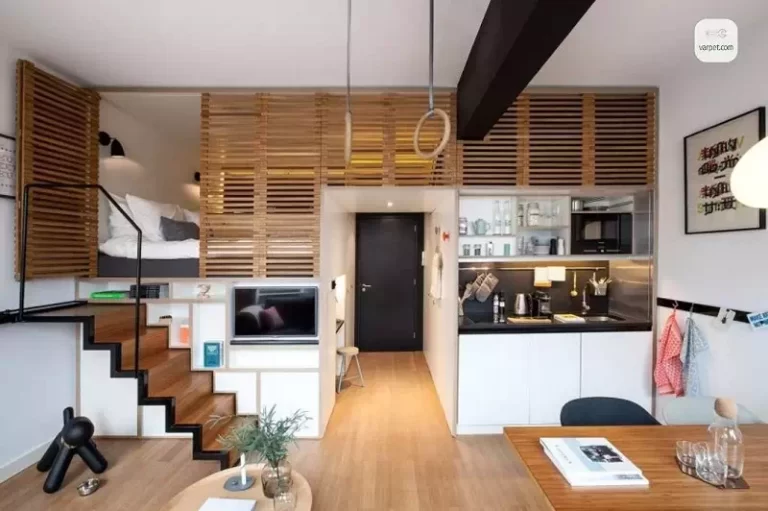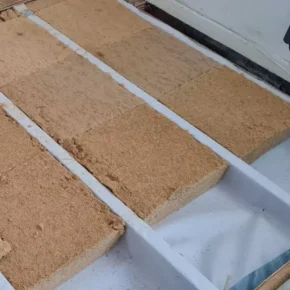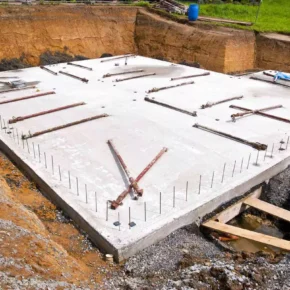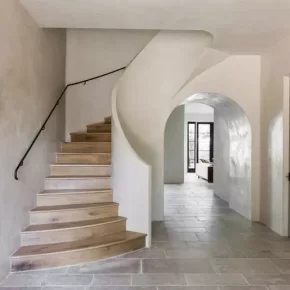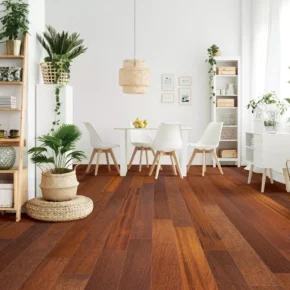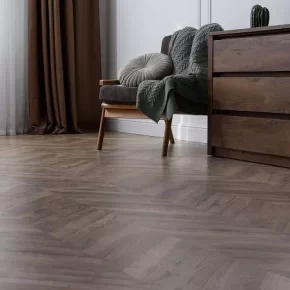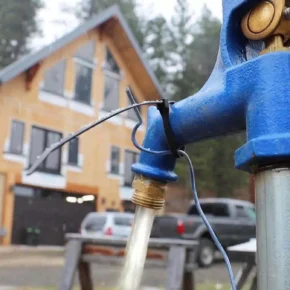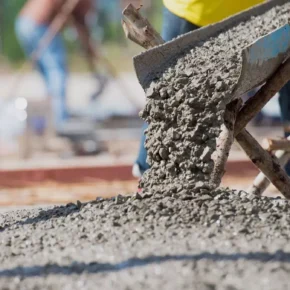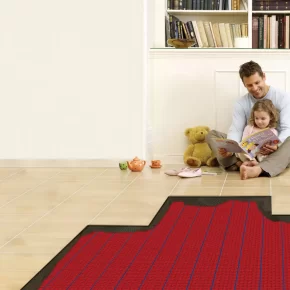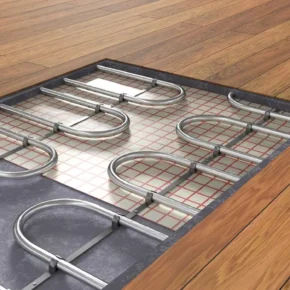Renovation is an important step in improving living conditions, but it can also be a source of stress if costs get out of control. Correct budget planning will help to avoid unnecessary expenses and unpleasant surprises.
1. Estimate the scale of the repair
Before starting the renovation, determine what exactly you want to change in your home. Is it a cosmetic repair or a major reconstruction? Determining the scope of work will allow you to realistically estimate your costs.
Due to:
- Create a to-do list.
- Determine which jobs you can do yourself, and where it is better to turn to professionals.
- Divide the works into mandatory (necessary) and additional (desired).
2. Make a detailed estimate
An estimate is the main document that will help you keep your budget under control. It should include all costs, including materials, labor, transportation services and possible incidentals.
What to include in the estimate:
- Materials (paint, wallpaper, tiles, flooring, etc.).
- Tools and equipment (if you rent or buy them).
- Payment of labor (workers, electricians, plumbers, etc.).
- Additional services (removal of construction waste, delivery of materials).
- Reserve for unforeseen expenses (10-15% of the total amount).
3. Compare prices for materials
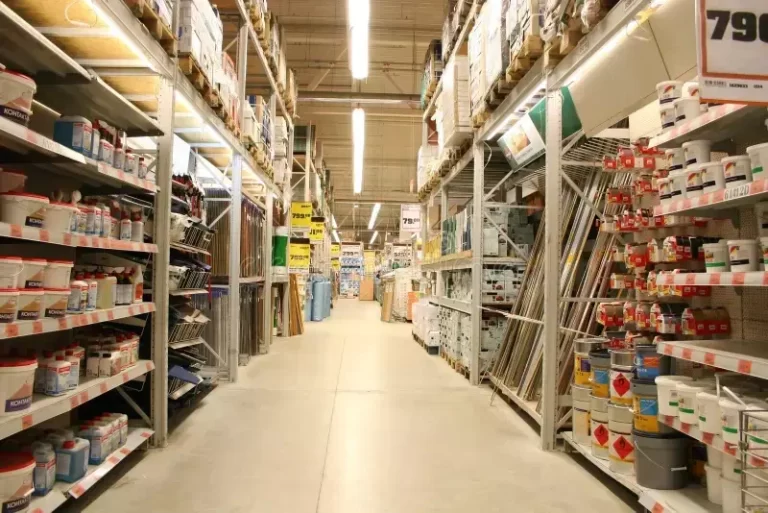
Prices for building materials can vary significantly depending on the manufacturer, supplier and place of purchase. Comparing prices will help you save a significant amount.
Due to:
- Study the market and compare prices in different stores.
- Visit online platforms and physical stores to compare.
- Try to take advantage of promotions, discounts or buy materials in bulk.
4. Avoid haste in making decisions
Impulsive decisions can lead to unforeseen costs. If you are planning a renovation, try to avoid spontaneous purchases and decisions under the influence of emotions.
How to avoid impulsive decisions:
- Plan each stage of the repair in advance.
- Avoid changing the project at the last moment.
- Consult specialists if there are doubts about materials or technologies.
5. Plan the purchase of materials
Planning the purchase of materials is an important aspect that will help avoid overspending. It is necessary to know exactly how many and what materials you need for each stage of work.
Due to:
- Calculate the required amount of materials in advance to avoid shortage or excess.
- Pay attention to the expiration date of some materials (paint, glue, etc.).
- Buy materials gradually, depending on the stage of work, to avoid spoiling or losing part of the materials.
6. Engage professionals only if necessary

Doing some work yourself can significantly save your budget. However, it is important to be realistic about your skills and capabilities.
Due to:
- Perform simple tasks yourself (removing old wallpaper, painting walls, cleaning).
- For complex and technical work (electricity, plumbing), contact professionals.
- If you decide to work with professionals, do not forget to sign a contract with clear conditions and cost of work.
7. Set financial limits
To avoid overspending, it is important to clearly define your financial capabilities and set limits for each stage of work. This will help you stay on budget.
How to do it:
- Break the total budget into parts: materials, labor, additional costs.
- Analyze your expenses every month and compare them with your plan.
- If costs exceed the planned budget, review the scope of work or find alternative options for materials.
Budgeting for renovations is a key step in helping you save money and time and avoid overspending. By following our tips, you will be able to effectively control costs and make the repair process less stressful and more enjoyable.

